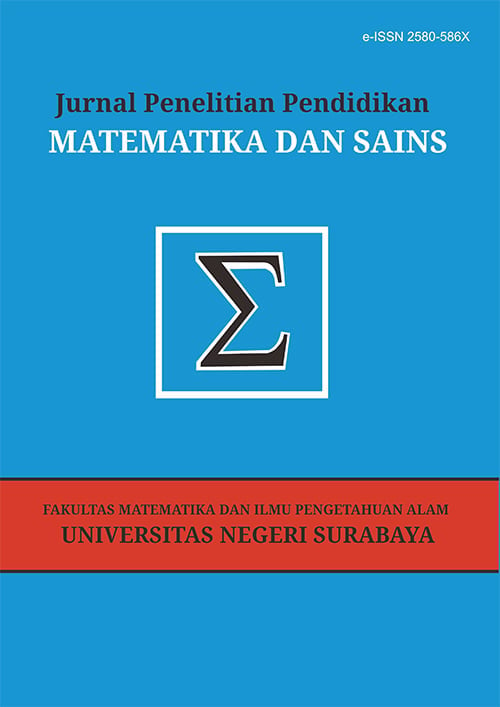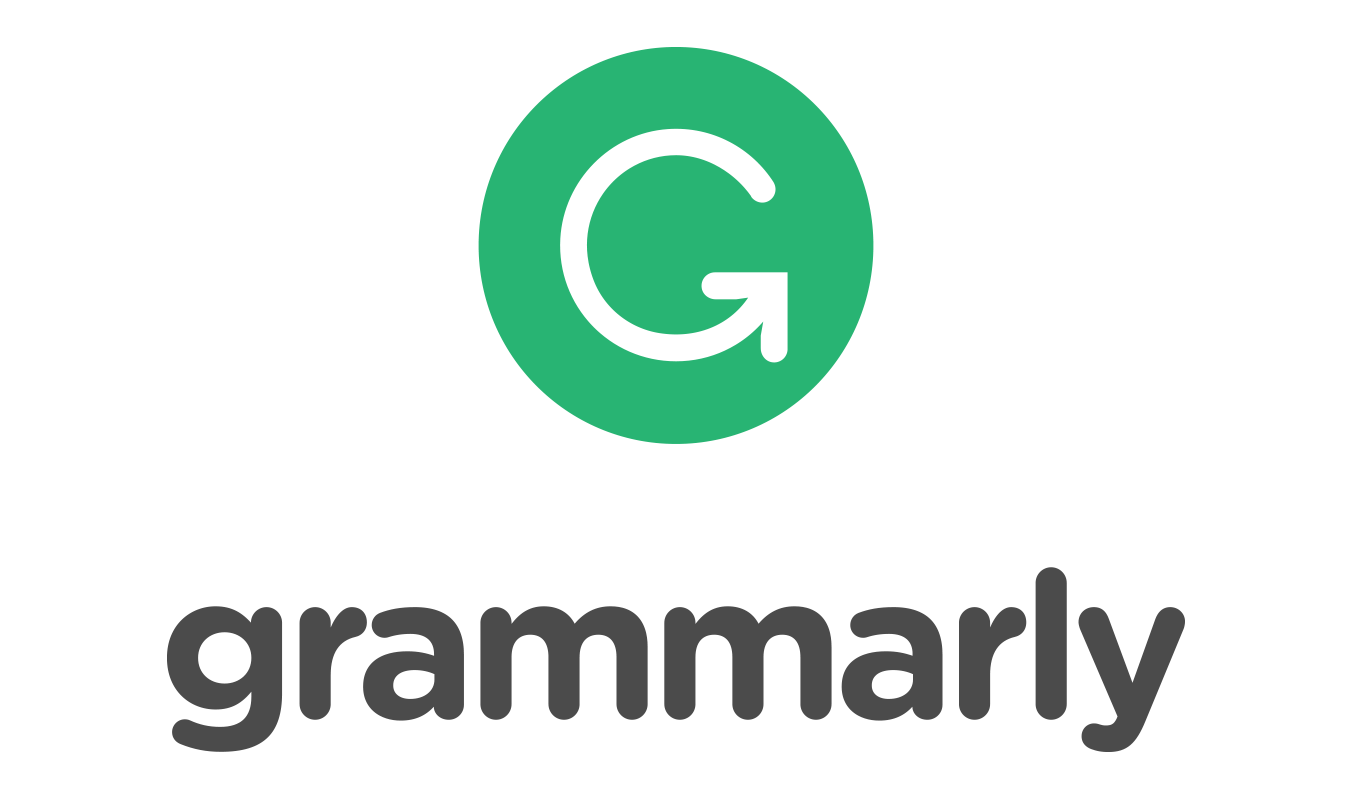Validitas Lembar Kerja Mahasiswa Berbasis Connected Learning Cycle sebagai Upaya Peningkatan Keterampilan Proses Sains dan Keterampilan Literasi Sains
DOI:
https://doi.org/10.26740/jppms.v8n2.p69-76Abstract
A study has been conducted on the development of Student Worksheets (LKM) based on Connected Learning Cycle (CLC) to improve Science Process Skills and Science Literacy. This study is included in the development research using the ADDIE model which is limited to the development stage. Validation is measured using a validation sheet assessed by five expert validators in the field of chemistry and chemistry education. It is said to be valid if it gets a very good mode. The data shows that the LKM developed received a very good assessment so that it can be said to be valid or worthy and can be continued to the trial stage for students. This study is useful as an effort to improve students' abilities in understanding science process skills and science literacy skills.References
Arikunto, S. (2010). Prosedur Penelitian: Suatu Pendekatan Praktik. Jakarta: Rineka Cipta.
Asy’ari M., & Fitriani H. (2017). Literatur Reviu Keterampilan Proses Sains sebagai Dasar Pengembangan Keterampilan Berpikir Tingkat Tinggi. Prisma Sains: Jurnal Pengkajian Ilmu dan Pembelajaran Matematika dan IPA IKIP Mataram, 5(1), 1-17.
Borich, Gary D (1994) Observation Skills for Effective Teaching, USA: the University of Texas
Bybee, R. W. (2015). The BSCS 5E Instructional Model: Origins, Effectiveness, and Applications. The BSCS Journal of Science Education, 3(1), 12-21.
Clark, R. C., & Mayer, R. E. (2016). E-Learning and the Science of Instruction: Proven Guidelines for Consumers and Designers of Multimedia Learning (4th ed.). Hoboken, New Jersey: Wiley.
Fogarty, R. (2009). How to Integrate the Curricula 3rd. ed. California: Corwin A SAGE Company
Gormally, C., Brickman, P., & Lutz, M. (2012). Developing a Test of Scientific Literacy Skills (TOSLS): Measuring Undergraduates’ Evaluation of Scientific Information and Arguments. CBE—Life Sciences Education, 11(4), 364–377. doi:10.1187/cbe.12-03-0026
Handayani G., Adisyahputra, Indrayanti R., (2018). Hubungan Keterampilan Proses Sains Terintegrasi dan Kemampuan Membaca Pemahaman Terhadap Literasi Sains Pada Mahasiswa Calon Guru Biologi. Biosfer: Jurnal Pendidikan Biologi (BIOSFERJPB) 11(1), 21-31.
Jeremy, B., Teresa, J., Nuo Xi & Jonathan, S. (2013). Identifying the Most Important 21st Century Workforce Competencies: An Analysis of the Occupational Information Network Research Report. New York: ETS Researcher.
Kazempour, M., Amirshokoohi, A., & Blamey, K. (2020). Putting Theory to Practice: Teaching the 5E Learning Cycle through Immersive Experiences for Pre-Service Teachers. European Journal of Science and Mathematics Education, 8(1), 67-75. https://doi.org/10.30935/scimath/9547
Markawi, Napis. (2013). Pengaruh Keterampilan Proses Sains, Penalaran, dan Pemecahan Masalah terhadap Hasil Belajar Fisika. Jurnal Formatif, 3(1), 11-25.
Nugraha, A.J., Suyitno, H., & Susilaningsih, E., (2017). Analisis Kemampuan Berpikir Kritis Ditinjau dari Keterampilan Proses Sains dan Motivasi Belajar melalui Model PBL, Journal of Primary Education, 6 (1), 35 – 43.
OECD. (2015). PISA 2015 Released Field Trial Cognitive Items, OECD Programme for International Student Assessment 2015.
Ozgelen, S. (2012). Students’ Science Process Skills within a Cognitive Domain Framework. Eurasia Journal of Mathematics, Science & Technology Education. 8(4), 283-292.
Partnership for 21st Century Skills (P21). (2015). Framework for 21st century learning. Retrieved from P21 Partnership for 21st Century Skills. Retrieved from http://www.p21.org/our-work/p21-framework.
Plomp, T., & Nieveen, N., (2013). Educational Design Research. Enschede: Netherlands Institute for Curriculum Development (SLO)
Prayoga, Z. N. (2013). Kemampuan Berpikir Kritis Siswa Pada Pembelajaran Materi Pengelolaan Lingkungan Dengan Pendekatan Keterampilan Proses Sains, Skripsi, Universitas Negeri Semarang
Rahayu, Sri. (2017). Mengoptimalkan Aspek Literasi dalam Pembelajaran Kimia Abad 21, Prosiding Seminar Nasional Kimia UNY 2017, hal. 1-16.
Rusmini, Suyono, & Agustini, R. (2024) Effectiveness of The Connected Learning Cycle (CLC) For Training Scientific Literacy Skills and Argumentation Skills in Prospective Chemistry Teacher Students, RGSA – Revista de Gestão Social e Ambiental, 18(3): 1-18.
Slavin, R.E. (1996). "Research on Cooperative Learning and Achievement: What We Know, What We Need to Know," Contemporary Educational Psychology, 21(1), 43-69
Suriyansyah. (2018). Pengaruh Strategi Pembelajaran Berbasis Keterampilan Proses Sains Terhadap Kemampuan Berpikir Logis Siswa. Jurnal Pendidikan Sains, 14(2), 113-122.
Trianto, D. (2010). Model Pembelajaran Terpadu. Jakarta: Prestasi Pustaka.
Weng, L. H., Chiu, P. S., & Tsang, M. H. (2022). The Role of Engagement in Learning Science: An Analysis of the 5E Learning Cycle Model. International Journal of Science Education, 44(4), 530-550.
Williams, K. (2017). "The Role of Time Management in Academic Success," Journal of Educational Psychology, 109(4), 567-582.
Downloads
Published
Issue
Section
 Abstract views: 84
,
Abstract views: 84
, PDF Downloads: 100
PDF Downloads: 100








